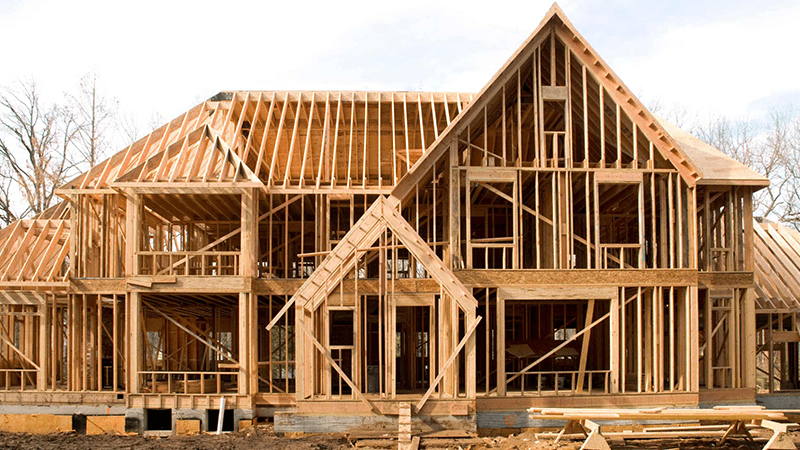
Blog | May 10, 2023
The Foundation of Modern Technology: Strengthening the Edifice of Construction Companies
As a child growing up in Phoenix, we would often see new buildings, multi-family projects and housing developments quickly being built to a point where the new building would be able to protect itself from outside influences, especially dust and monsoon storms. I drove past what we used to call matchstick farms when the buildings are just framed without a full roof or walls when it was most susceptible to nature. As a drove by I couldn’t help be laugh at the name matchstick farm and I couldn’t help but make the connection to technology and how contractors need to manage their tech stacks.
The construction industry is a complex mosaic of planning, design, logistics, and execution. Like an incomplete building, construction companies without modern technology are exposed to a myriad of external forces that could potentially destabilize their projects. This comparison is particularly apt, as a building lacking its full structural integrity is vulnerable to elemental forces, while a construction company bereft of modern technology is susceptible to inefficiencies, delays, and cost overruns.

In the same way that the walls and roof of a building provide shelter against the weather, modern technology in construction provides a shield against inefficiency and disorganization. Consider, for example, project management software. This technology enables construction companies to track progress in real-time, manage resources efficiently, and ensure everyone involved in the project is on the same page. Without such software, a company would be relying on manual methods of tracking and organization, which are prone to human error and miscommunication. This scenario, much like an incomplete building, leaves the project exposed to the winds of disarray.
Building Information Modelling (BIM) is another crucial piece of modern technology. BIM enables companies to create digital models of their construction projects, facilitating collaborative decision-making and reducing the risk of costly mistakes. Without BIM, companies would have to rely on static 2D blueprints and physical scale models, which don’t allow for real-time collaboration or easy revision. This would be akin to constructing a building without a comprehensive blueprint, leaving the project vulnerable to structural flaws and misalignment.
Similarly, advanced construction machinery, like self-driving bulldozers or drones for site inspection, contribute significantly to the speed, safety, and precision of construction projects. These technologies, like the roof of a building, provide protection against the pitfalls of inefficiency and inaccuracy. Companies that fail to incorporate such tools are akin to a building without a roof, unable to shield themselves from the downpour of time wastage and risk.
Moreover, the role of modern technology extends beyond the physical construction process. Software for financial management, for instance, helps construction companies keep track of expenses, manage budgets, and ensure financial transparency. Without such tools, a company would be similar to a building without a firm foundation – at risk of crumbling under the weight of financial mismanagement.
Sustainability is another key aspect where technology plays a vital role. Green construction technology, like solar panels and energy-efficient materials, help construction projects reduce their environmental impact. Companies that fail to integrate these technologies are similar to a building without insulation – unable to shield themselves from the growing global pressure to adopt sustainable practices.
Embracing modern technology also aids in navigating regulatory landscapes. Compliance software helps construction companies stay abreast of the latest rules and regulations, significantly reducing the risk of legal complications. A company without such tools would be akin to a building without proper permits, susceptible to penalties and sanctions.
However, it’s crucial to remember that technology alone is not a cure-all. Like a building needs skilled craftsmen to complete it, a construction company needs well-trained staff who can leverage these technologies effectively. Training and upskilling employees to utilize modern tools is an equally important facet of a company’s technological readiness.

Construction companies without modern technology are indeed like incomplete buildings. They are exposed to external forces such as inefficiency, miscommunication, cost overruns, and regulatory penalties that derail projects. As a contractor, are you running a matchstick farm business just waiting to be broken down, or have you built your tech stack strong enough to withstand the challenges we all know far too well? it is no longer a question of whether construction companies should adopt modern technology, but rather how quickly they can do so to fortify their structural integrity in this rapidly evolving construction landscape. By integrating modern technology into their operations, construction companies can erect a robust shield against failure, ensuring their projects are completed on time, within budget, and to the highest quality standards.